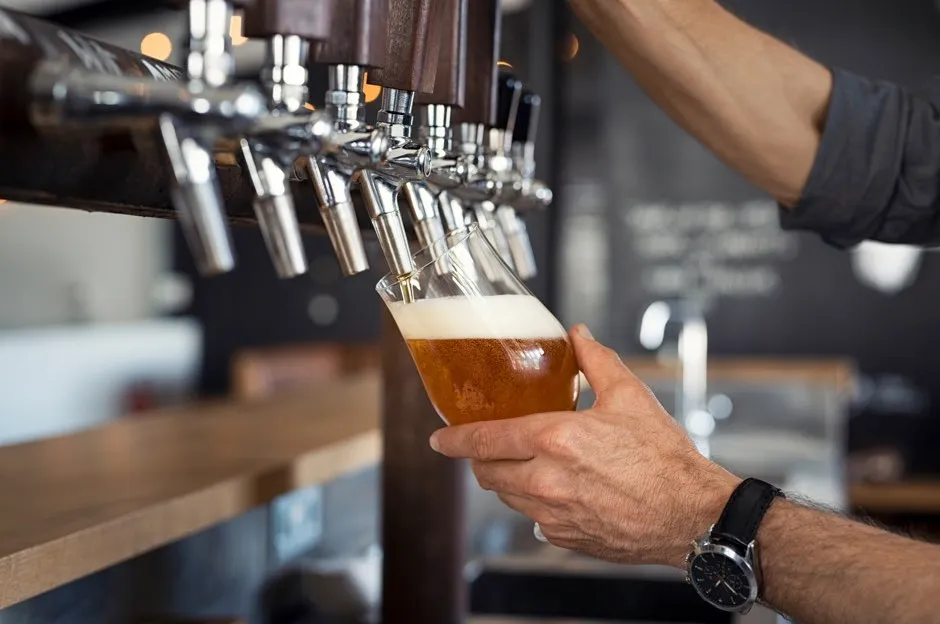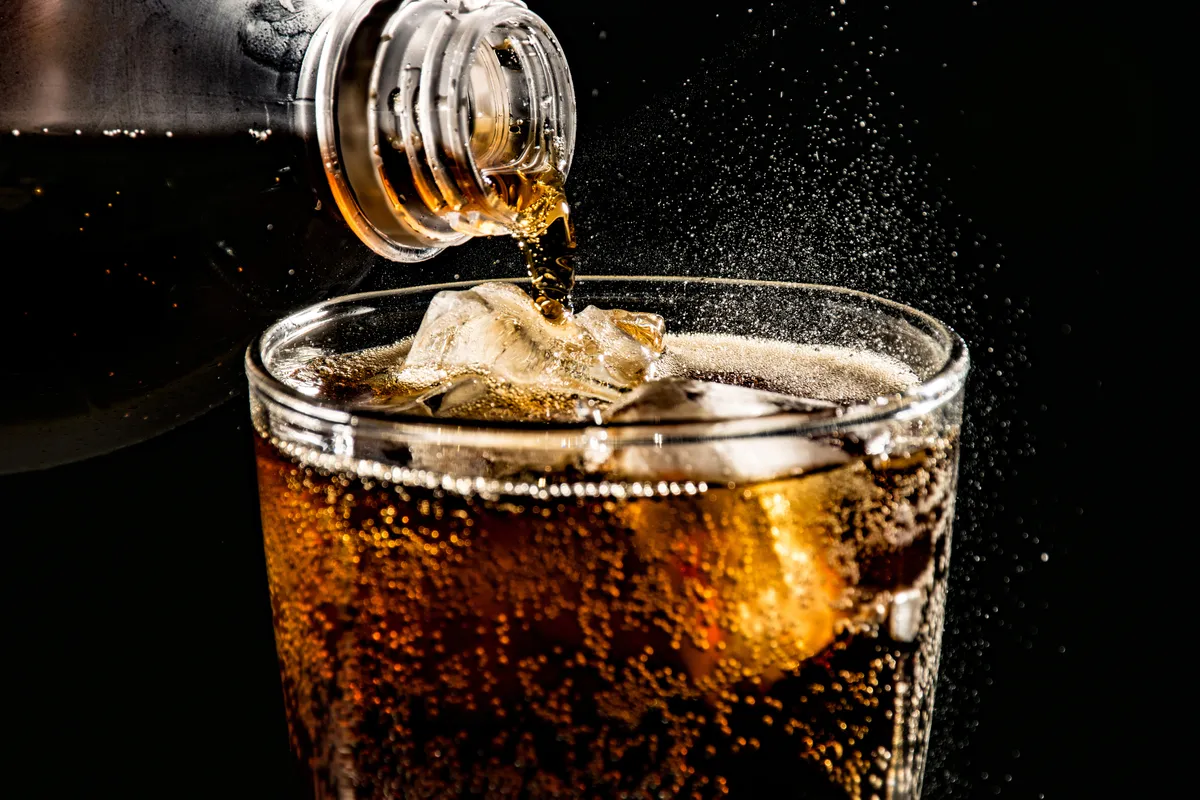People are more likely to choose a non-alcoholic beverage if there is a greater selection on offer than drinks containing alcohol, research suggests.
A study, led by the University of Bristol and published in BMC Public Health, involved more than 800 adults who drank alcohol every week.
The online experiment consisted of a hypothetical drink selection task, where participants were given one of four different conditions in which to make their choice.
When the proportion of non-alcoholic drinks was greater than alcoholic drinks, 49 per cent of people chose a non-alcoholic drink including soft drinks and alcohol-free beer.
When this was reversed, the percentage of people choosing the non-alcoholic alternatives dropped to 26 per cent.

Dr Anna Blackwell, from the University of Bristol, said: “Non-alcoholic drink options are often less prominent in restaurants, pubs and bars.
“For example, many offer at least one type of alcohol-free beer, but as this is often bottled and kept in the fridge behind the bar, there is greater effort required for customers to choose this option over an alcoholic beer available on draught.
“In addition, previous qualitative research has suggested that people experience peer pressure to drink alcohol, so offering alcohol-free alternatives that look like alcoholic drinks would make it easier for people to choose these options.
“In the longer term, widening the choice available for customers and increasing exposure to non-alcoholic drinks could help shift social norms around drinking these products.
“Given the growing market for alcohol-free beer, wine and spirits, this sort of intervention is timely and of interest not only to policy makers, but also licence holders and drinks manufacturers.”
Read more about the science of alcohol:
- A minute on the lips, a lifetime on the hips – heavy drinking adds 4cm to waistline
- MDMA therapy shows promise in treating alcohol misuse
- Everything you need to know about synthetic alcohol
Researchers said in settings such as a busy bar, people are likely to make drink choices quickly.
The online survey found no evidence that giving participants a time limit to make their selection affected what choice they made.
Professor Marcus Munafo, from the National Institute for Health Research’s Bristol Biomedical Research Centre, said: “Implementing these findings in the real world will take some thought and will need to involve discussions with pubs and bars to ensure it is viable.
“But there is growing interest in measures that would serve to increase choice and encourage healthier behaviour.
“More and more pubs and bars are offering alcohol-free beer on draught.
“If the results of our online study are replicated in a real-world setting, this would suggest that efforts to increase the availability of alcohol-free options could have a positive impact on public health.”

The study involved researchers from the National Institute for Health Research (NIHR) Bristol Biomedical Research Centre (BRC), the University of Bristol and the University of Cambridge.
They are now planning a study in a real-world setting, which will examine the impact of introducing alcohol-free beer on draught in pubs in Bristol.
Reader Q&A: Why does drinking alcohol trigger my anxiety?
Asked by: Natalie Richards, Leeds
The psychological effects of alcohol are complex – it can have both sedative and stimulating effects on the brain, causing either sleepiness or physical arousal. How this manifests from a subjective perspective depends a lot on your mental state at the time, as well as the broader social context.
While a drink can calm your nerves in some situations, lab research shows that it doesn’t help reduce fear of a threat or predicament that you know is coming. If anything, because alcohol can enhance our focus on the present moment, it could trigger your anxiety by making you more preoccupied with whatever you’re currently worried about. Alcohol can also accentuate anxiety by interfering with sleep and leaving you fatigued and feeling less able to cope.
Read more:

